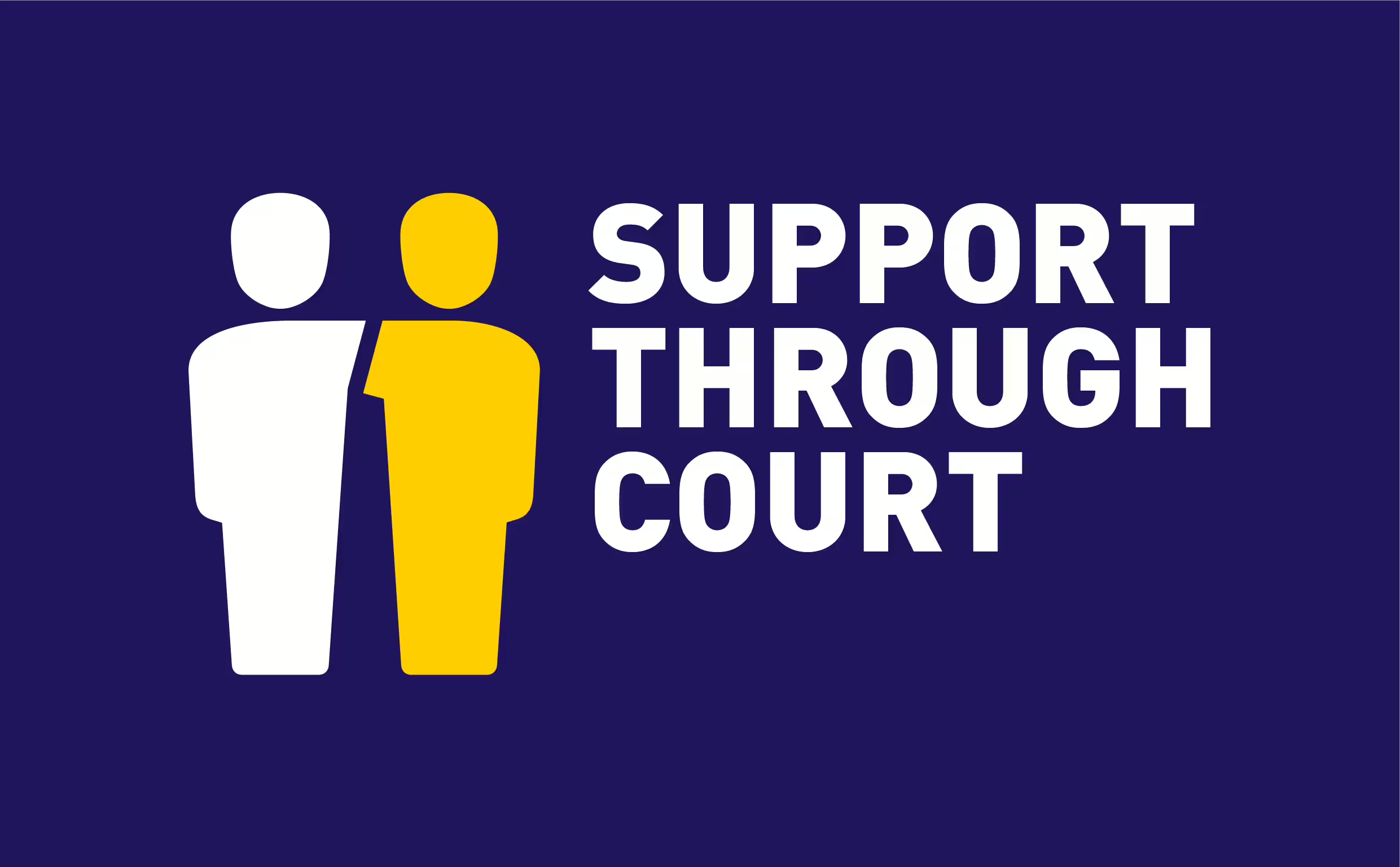In our latest guest blog, Direct Mediation Services share about family mediation – what it is, how it works and how you can get help and support if you need it.
Separating from your partner is almost always an unpleasant and very personal process, which can make people reluctant to involve a third party. Movies often suggest that hiring a professional will turn what could have been a peaceful discussion into a vicious catfight between two opposing sides.
However, even the most level-headed adults determined to reach a conclusion, that satisfies both parties, can struggle to communicate well – or even concentrate on the practical matters at hand – when the stakes and emotions are high. Many people involve a professional when it comes to their personal emotional wellbeing – why should the emotional wellbeing of your family, especially as it undergoes a radical reconfiguration, be any different?
Professional family mediators are hired to help two (or more) people come to an agreement on any issue they are struggling to sort out themselves. There are many kinds of mediation – such as workplace mediation and mediation for landlord and tenant disputes – and mediation is a great alternative to the costly process of a court battle. Involving a mediator is very different to hiring a solicitor; they are completely impartial and not on anyone’s “side” and their goal is to support you to find a solution everyone can live with. In court, a judge can make a legally binding decision but, in mediation, you are not forced to accept any outcome. A mediator’s job is to facilitate discussions, stick to an agenda and keep conversations as calm and constructive as possible – not to tell you what to do.
Mediation provides a safe, supportive and confidential environment to deal with issues like dividing your assets and making arrangements for any children – or even pets – after you separate. The mediator will listen to all views, sometimes talking to you or your ex-partner privately, and help guide you through the process as peacefully as possible.
Even if you have a hunch that a calm resolution is impossible and you will eventually be forced to take your partner to court, in many cases the court will expect you to prove you have at least considered mediation before proceedings can begin. While some, such as victims of domestic abuse, can be exempt from this requirement, most people will be asked to at least attend a mediation information and assessment meeting (MIAM) before the case can start.
You don’t have to convince your ex-partner to agree to mediation before getting the mediator involved. In fact, if you’re expecting the suggestion will be unwelcome, the best thing to do is often to contact a mediator and have your own MIAM, after which they will invite your ex-partner to a separate meeting and do the work of trying to convince them to engage with the process. If your ex refuses this invitation, the mediator can then at least give you the certification you need to start your court case.
Most people automatically think of hiring a solicitor when they consider separating from their ex but, in many ways, family mediation can be a far more suitable option for most couples. It is usually far less protracted, expensive and antagonistic than taking them to court and will hopefully allow you to separate and get on with your lives much faster.
If you want to speak to someone about how family mediation may benefit you and your family, Direct Mediation Services has a free national helpline 0113 468 9593 and they also offer Legal Aid and the Family Mediation Council voucher.
If you feel anxious or at threat from your ex-partner, you need to get help.
You do not have to go through the mediation route to help end your relationship under these circumstances.
You can contact Refuge or Women’s Aid (0808 2000 247) at any time.
If you identify as a man who is suffering domestic abuse, call Men’s Advice Line (0808 801 0327). Lines are open Monday to Friday from 9am to 5pm.
If you want help to decide what you can do next, contact Citizens Advice.



